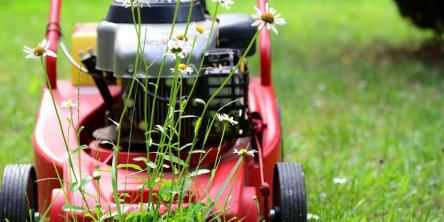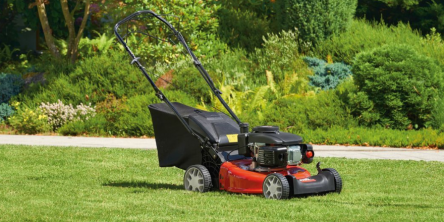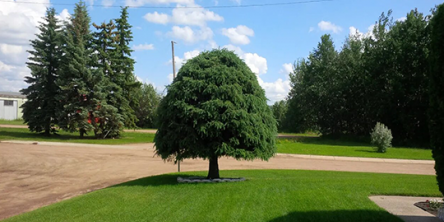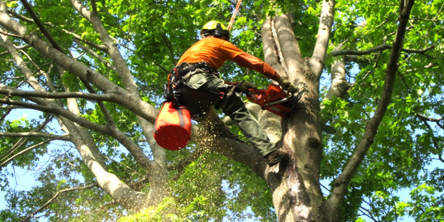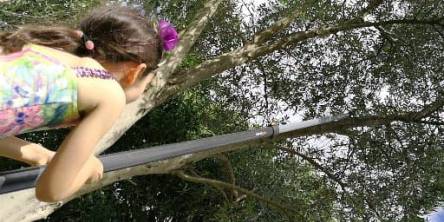Best Dandelion Killer - What Works Best and How?
Dandelions are broadleaf perennials that you can get rid of only by using the best dandelion killer. But what type of herbicide? Let’s find out...
Eliminating weeds such as dandelions is a very tough job. Because you have to make it a point to remove the root of the plant itself. Otherwise, it’s highly likely that dandelions will grow back again. So what is the most effective way of killing dandelions?
Simply by using the best dandelion killer. If you think you can do it manually without using a chemical or organic solvent, you deserve best wishes. Because removing the entire plant, taproot, etc. by hand demands way too much time and effort. So why go through all that trouble when you can just as easily get rid of them using a killer solution!
What Are Dandelions?
A dandelion is a weed, the broadleaf kind. It’s a perennial weed that grows on all types of soils.
Dandelions have a deep-seated, thick taproot. And your primary job is to get rid of this particular taproot itself. Once you eliminate it, dandelions are impossible to grow back. The taproot can take weeks to die. It ll depends on the amount of nutrition stored in the root during that particular time.
And this is when you need the help of the best dandelion killer. You might be able to get rid of most of them manually. However, the chances of missing out a few are quite high. But not when you’re using a dandelion killer solution.
The Science of Dandelion Killers (Herbicides)
Yes, dandelion killers work. But before anything else, you should know how herbicides like this work.
Generally speaking, herbicides are products created to kill unwanted plants. Some herbicides are broad-spectrum. Meaning they kill all green life they touch. Then there are selective herbicides. And these target a certain kind of plant family.
Let’s dive deeper, shall we?
Broad-Spectrum Dandelion Killers
The broad-spectrum version works best for narrow or small strips where everything has to be killed. There are both chemical and organic broad-spectrum herbicides. And both kinds work on weeds as well as grass. Meaning they do not discriminate. It’s their job to kill everything green they come in contact with.
So using a broad-spectrum dandelion killer means also eliminating your prized possessions in your backyard.
Also, it’s a very strong solution. That often tends to irritate or burn the skin. So it’s necessary to wear a mask and a pair of gloves when using broad-spectrum.
Selective Dandelion Killers
Now, this type of herbicide targets just broadleaf dandelions. It’s the most commonly used herbicide for this particular weed.
You can spray the solution directly onto the surface of your lawn. And then notice how the broadleaf plants die. While the grass surrounding them remains intact. Selective dandelion killers come in the form of granules and powder as well.
But let me tell you that these aren’t as potent as their broad-spectrum counterparts. That implies having to perform more than one application. Only then can you expect to see a significant reduction.
Also, organic selective dandelion killers destroy just weed seeds. They don’t kill the living weeds is what I mean. Even a few chemical selective ones don’t do that. Nevertheless, there’s no denying that the best dandelion killer takes the form of selective variety. Just make sure you’re using it right and often.
Organic Dandelion Killers
If you wish to kill dandelions in an eco-friendly way, then this is your solution. Organic herbicides like these are safe for pets and kids running around in the backyard. Plus, they’re safe for your lawn in general. In that case, you might want to check out these tried and tested organic plus chemical dandelion weed killers.
But then there’s the slight possibility of even an organic dandelion killer posing danger with repeated applications. In case the organic solution contains vinegar, it can make the soil acidic. And too much of this is not good for the soil. Although it’s not going to harm you.
Needless to say, organic dandelion killers are very effective. But that’s only if you use them properly for killing the right weeds. More often than not, they belong to the broad-spectrum category. And those that don’t go a long way when it comes to preventing the growth of just dandelions. Meaning they don’t cover all kinds of weeds, which is a good thing.
The major drawback of the organic version is that it tends to fizzle out quickly. So in cases of severe dandelions, you end up using up a lot of the solution. And that increases the cost.
Also important to note here is that organic dandelion killers work best when it’s sunny and warm in the day. That means no rainfall. And by sunny, I mean the temperature should be above 75 degrees for the solvent to get the job done the most effectively.
Chemical Dandelion Killers
Chemical compounds are more accurate. But then the safety factor gets compromised. Such chemical herbicides destroy edible plants as well. So if you have a dog or cat who chews on the grass. Then please avoid using a chemical dandelion killer. It’s not safe for humans too until the solution dries up completely.
You also run the risk of polluting groundwater with such chemical compounds. And the potent varieties of chemical dandelion killers don’t differentiate between insects and weeds. That means losing worms present in the soil and beneficial pollinators.
Final Note
So does the best dandelion killer work? Yes, it certainly does. Be it the organic or chemical version. The same applies to broad-spectrum and selective dandelion killers. But keep in mind that the former destroys everything it comes in contact with. And that means more than just dandelions. So it’s best to choose the selective variety.
When it comes to killing weeds, the solution varies. But not in the case of dandelions. For eliminating them, there are plenty of products. That get the job done the most effectively and quickly.
Similar Articles
In its natural habitat, Asia, the astragalus plant thrives. Huang qi (yellow leader), as it’s known in China, is regarded as one of the most significant plants in Chinese traditional medicine.
Raised beds need money and forethought. To avoid additional expenses and frustrations, you want to get things right the first time. If you're planning to build a raised bed garden or are just thinking about it, there are a few things to think about before you get started.
In the past, a lawn was mowed by hand. That was very tedious and also took a lot of time. Many gardeners and garden owners today indulge in luxury and buy a lawnmower.
A lawnmower is an extremely important piece of equipment for maintaining a garden. Find out which lawn mower is best for your yard and make maintaining your lawn a fun and exciting activity.
With succulents as indoor plants, you subject your long-serving feeling of living to a refreshing change. Some score points with silhouettes similar to stone sculpture, others impress with a magnificent flower that rises above their prickly dress.
Trees are an essential part of any property, whether it’s a residential or commercial one. When properly cared for and maintained regularly, trees add much value to any place. Some of the long-term benefits provided by trees include enhancing the aesthetic appeal of a home, increasing the worth of a real estate asset, providing shade in summer, and more.
Tree trimming can cost anywhere from $50-$1500. The reason for such a large range is the huge difference in the sizes of trees and the amount of work that needs doing.
A pole chainsaw is a useful tool for cutting tree branches, especially the higher ones. However, many people aren't using the proper technique. This could lead to accidents and injuries. The following list contains directions for cutting branches with a pole chainsaw.
Indoor plants are amazingly adaptable and can be utilized in various diverse approaches to upgrade and revive any room's stylistic layout and atmosphere. What's more, in light of the fact that there are such a significant number of assortments of plants, the conceivable outcomes are unfathomable

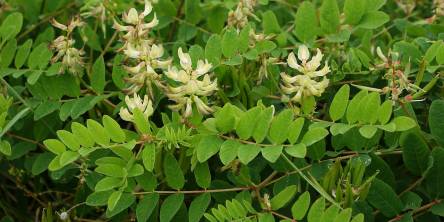
de9a.png)
